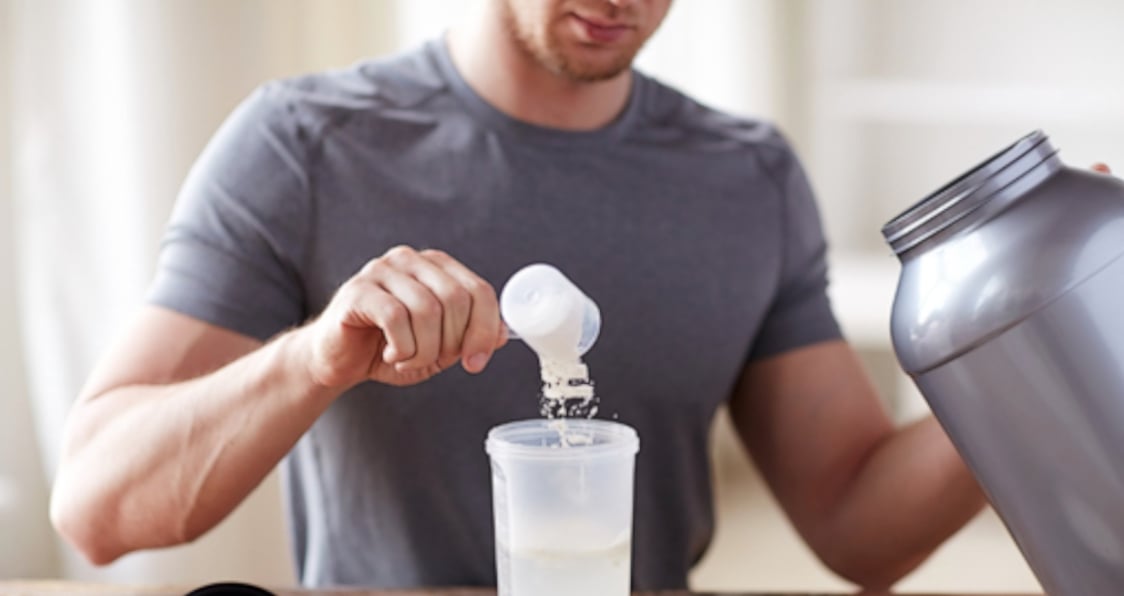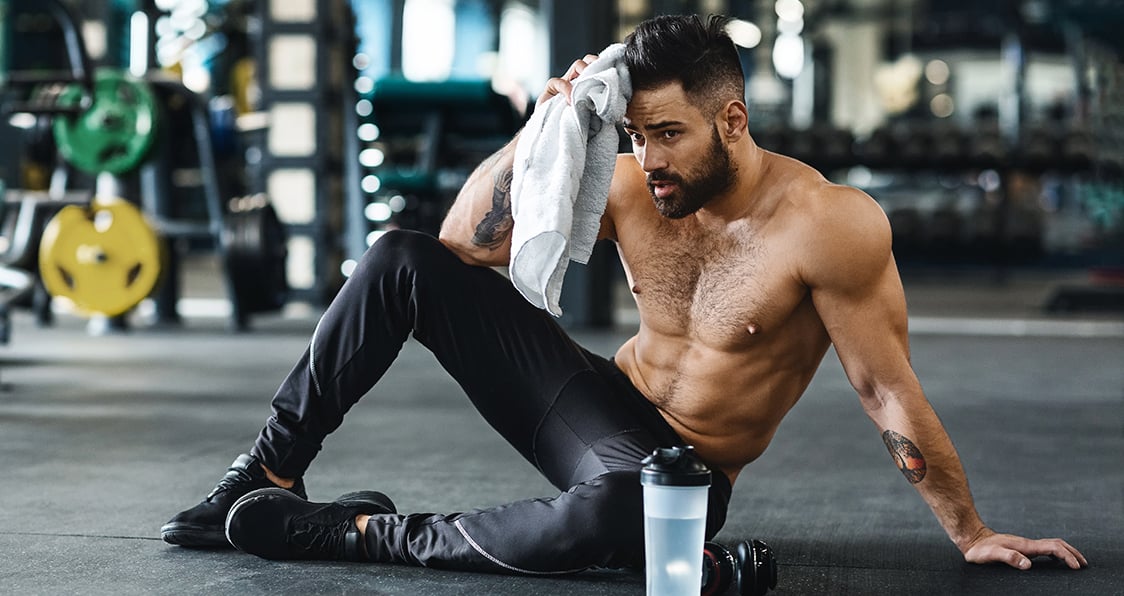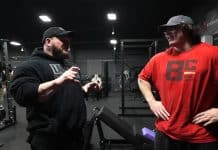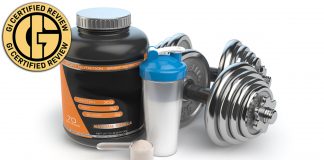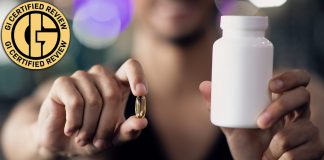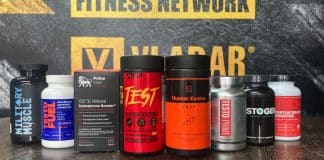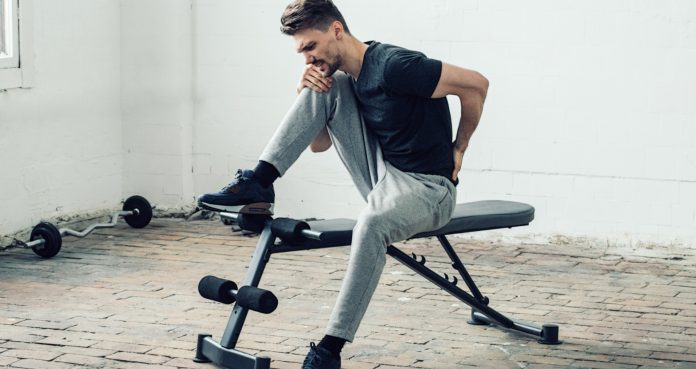
Recovery is incredibly important for our overall growth and these tips will get you on track to recover as fully as you can.
We all know that recovery matters. That is one thing drilled into us especially when we first start to train. In fact, recovery is equally if not more important than your actual workout. So, don’t let poor recovery hurt all of those gains you sacrifice time and energy for. A poor recovery routine can outweigh the best workout routine any day of the week. Without proper rest and recuperation you set yourself up for failure, no matter your experience level, natural ability, or sheer determination. Poor recovery equals less gains which equals less bodybuilding success.
Poor recovery will also make you feel fatigued and sore, hurting your routine when it comes to everyday life as well. That sucky, tired feeling just doesn’t help anyone and there is no point in digging yourself into a hole. Living a healthy lifestyle should be enjoyable and your bodybuilding goals will surely show when your outside life becomes happier and healthier. You have too much to lose from a poor recovery routine so don’t let that happen. Understand the science behind muscle recovery and see your hard work and progress shine.
Why Recovery Matters
When we workout, especially after a grueling workout, our central nervous system (CNS) really fires up. Your CNS is responsible for engaging your body and mind to push you through a workout. This controls the signal from your brain and muscular system so your body works together as one. With an overloaded central nervous system, this can spill into your personal life and hurt relationships and cognitive functioning especially with insufficient rest.
When it comes to your muscles, your muscle recovery is equally as important. When we lift, we suffer small tears in our muscles. When these tears finally heal, this is when we see huge growth. As our muscles begin to fill out and increase in strength and size, ample recovery allows for them to heal properly so we see that desired growth seriously unfold (1).
Without proper recovery, fatigue can lead to overtraining which will really put us in a state of stress. Signs of overtraining include:
- Decreased performance
- Increased perceived effort
- Increased fatigue
- Poor sleep and appetite
- Chronic or nagging injuries
Finding ample time to recover can decrease your chances of overtraining which will elevate training and performance and keep your lifestyle in a healthy place overall.
Best Recovery Tips For Bodybuilders
Get Sleep
Sleep affects the whole body and is a ripe time for recovery to take place. Essential for many bodily functions like brain health, your immune system, and metabolism, getting enough sleep is vital for your rest and muscle recovery. Somewhere in the ball park of eight hours a night is perfect for recharging your body for the next day’s workout. While our busy schedules may not be conducive to that, it is important to make sleep a priority (2).
Eat Adequate Amounts Of Protein
Protein is the building block of all muscle and working to get ample amounts of protein in your body is more than important for that growth. Containing BCAAs and EAAs, protein seriously works to enhance all aspects of your growth and performance when it comes to your muscles. Eating a hearty meal of protein rich foods is great, but also supplementing with a whey or vegan protein powder can pump you with ample amounts of protein to see that desired growth. Protein will also keep you full and work to suppress your appetite from any unwanted snacking and cravings (3).
Hydrate!
Hydration is key in increasing exercise performance for it keeps your muscles hydrated and working more efficiently and works to help you cognitively as well. Through sweating and breathing, we lose ample amounts of water and restoring those stores is important for optimal day to day functioning. Not enough hydration can lead to cramps and increased fatigue so working to drink around 8-10 200ml glasses of water a day is a good place to start.
Foam Rolling & Stretching
Foam rolling and stretching is a great way to release tightness, soreness, and inflammation and is great for doing pre-workout, during your workout, or post-workout. Both can leave you feeling limber and loose giving your muscles a great stretch. Both stretching and foam rolling can increase blood flow and allow for better tissue and organ functioning by permitting the exchange of nutrients and waste to keep things running smoothly (4).
Ice Bath
An ice bath may be very cold and uncomfortable at first, but you will be glad you did it after. Ice baths can relax sore muscles, improve your central nervous system, and limit inflammation to keep your muscles primed and less sore than before. Ultimately, a good ice bath can lead to faster and more efficient recovery.
Eat A Balanced Diet
Eating a balanced diet of whole foods is a great way to ensure easy recovery. Eating well is enjoyable and lets you get creative with fun ways to cook meals so you eat healthy and don’t suffer from a boring diet. Getting nutrients from whole foods is very important and should not be overlooked. Making sure you get the right balance of macronutrients (protein, carbs, and fat) will ensure a well balanced diet.
Solid Supplementation Routine
While getting the essential vitamins and minerals from whole foods is very important, sometimes a good supplementation routine is all you need to see that much desired growth. Often times we miss out on certain vitamins and minerals which can lead us down a road of dietary despair, but with great supplements like multivitamins, pre-workouts, and intra-workout BCAAs, there are plenty of options to keep us healthy overall.
Wrap Up
Recovering is more than important for our training and performance goals. Poor recovery can lead to many negative side effects of overtraining and simply not getting enough rest. With recovery equally as important as the physical workout, it doesn’t make sense for you to have a poor recovery routine. Look into incorporating these above tips into your lifestyle and see your bodybuilding gains really start to grow. Recovery feels good and is easy to accomplish so there should be no excuse for having a poor recovery routine. Enjoy feeling growth from your workouts, but love seeing growth in your recovery.
Let us know what you think in the comments below. Also, be sure to follow Generation Iron on Facebook, Twitter, and Instagram.
*Images courtesy of Envato
References
- Borsheim, Elisabet; Tipton, Kevin D.; Wolf, Steven E.; Wolfe, Robert R. (2002). “Essential amino acids and muscle protein recovery from resistance exercise”. (source)
- Dattilo, M.; Antunes, H. K. M.; Medeiros, A.; Neto, M. M.; Souza, H. S.; Tufik, S.; de Mello, M. T. (2011). “Sleep and muscle recovery: endocrinological and molecular basis for a new and promising hypothesis”. (source)
- Pasiakos, Stefan M.; Lieberman, Harris R.; McLellan, Tom M. (2014). “Effects of protein supplements on muscle damage, soreness and recovery of muscle function and physical performance: a systematic review”. (source)
- Sands, William A.; McNeal, Jeni R.; Murray, Steven R.; Ramsey, Michael W. et al. (2013). “Stretching and Its Effects on Recovery: A Review”. (source)


